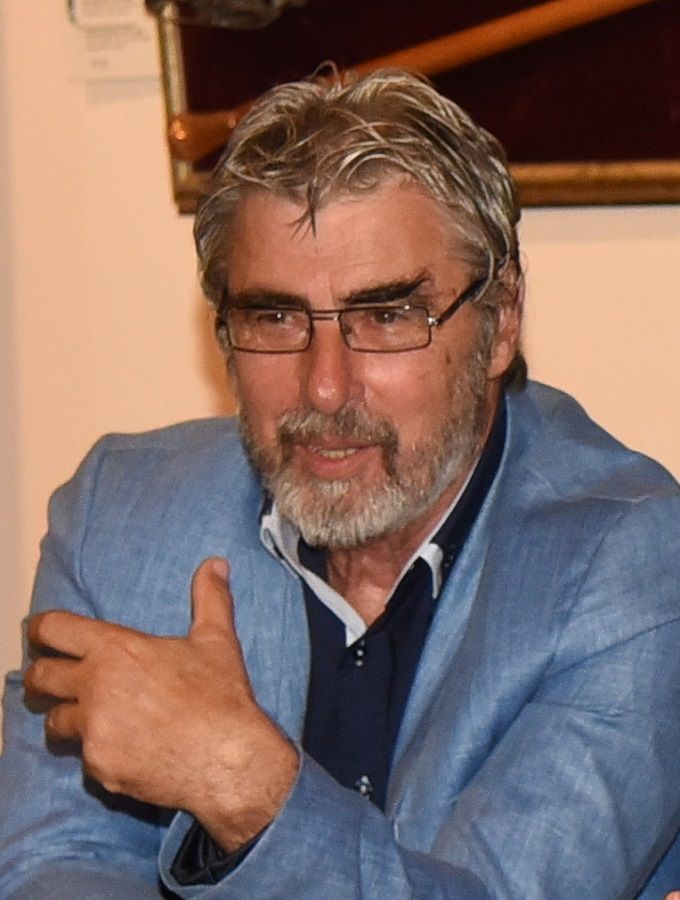Where did the 'klapa' originate?
The temporary klapa singing has its scientifically proven origins in the area of Liguria, Piemont, Emilia Romagna and Lombardia, so-called "Quatro province". You can find same thematic and same melody variations in traditional singing from the areas of Dalmatia, Greek Zakintosa and even Georgians at the Black Sea. Singers from these regions were performing the songs multivocality or chorally. This scientific source certainly points out the sea trade routes used by sail-vessels by which this music, as well as cultural influences from Italy, made its way to the Dalmatian region, the Boka Bay and further along the Mediterranean coast through the 18th and 19th century.
The other source was everyday church music, usually singing of the madrigals brought by church chorus to the streets and marketplaces involving people into singing at traditional occasions. Here we find famous toasts and celebrate themes as well as „under the window“ love serenades.
The original name of "klapa" comes from the sailing ships from Trieste and is related to the groups of men singing while dining with fish and wine at the traditional sea-side eatery called a konoba. Klapa strongly developed through the 19th century in all of Dalmatia and Boka, and in the 60s received its own standards as a special musical genre which is applied by today.

What are the first klapa groups that are known in Montenegro?
The first klapa groups were formed in the 19th century, mainly in Kotor, and among them is "Deštregovi", 1924, "Maća", 1931, „Vampiri“, 1938, "Muški oktet gimnazije" etc. One of the most popular in after-war time was "BOKELJI" from Herceg Novi. Today there are even klapas in Berane and Podgorica that will participate for the first time in the competition this year.
Unfortunately, many klapas were disbanded because acapella singing along with commitment and regular rehearsals requires a kind of friendship and harmony between the members of the group because positive vibes come from the true passion of the people united by the group singing.
Why is Perast considered the capital of klapa music in Montenegro?
The festival in Perast was launched in 2002 and it is actually the only official international klapa festival in Montenegro. Since the beginning, around 400 klapas from Croatia, Bosnia and Herzegovina, Slovenia, Serbia, Italy and even Albania performed in Perast. Both the participants and the jury come from the very heart of the klapa world respecting our efforts of maintaining the cultural heritage of the Boka bay.
The music performed at the Perast festival is exclusively acapella singing, the traditionally most complicated form of musical expression. In addition to that, each of 30 participants has to perform a traditional Bokelian song (there are over 300 of them to choose from).
Promoting the cultural tradition of Bokelian klapa we have already issued five klapa songbooks based on the notebook by Ludvik Kuba published in 1907 and found in Zagreb Musical Academy.

What instruments are allowed to accompany klapa singing according to the rules of the genre?
We understand when klapa singing is accompanied by the guitar or mandolin at a bigger concert program. The acoustic instruments are absolutely fine here especially for the specific part of the klapa repertoire. There are some public favorite songs that sound really great with the instruments. However, drums or electric instruments are signs of commercialization of the genre and with banal new lyrics, it is no longer klapa.
Have there been any new klapa songs created in Boka recently?
Of course, along with the new partiture of traditional Bokelian songs, there were about 70 new klapa compositions performed in Perast for the last 17 years. The most famous composers in the world of klapa music are Dušan Tambača, Krešimir Magdić, Vicko Dragojević, Vinko Didović (all from Croatia), Ivica Kaleb (BiH) and local klapa composers are Mia Vidović, Zoran Proročić, Bobo Nikolić and myself. It's nice to say that out of 10 new songs that will be presented this year at the festival, 6 are composed by Montenegrin authors.
How many klapa groups are actively performing in the Boka bay?
There are few in Kotor („Bisernice Boke“, „Incanto“, „Maris“, „Primavera“, „Riva“), in Tivat („Jadran“, „Bellezza“ and „Romansa“) and in Herceg Novi „Castel Nuovo“ and „Stari Kapetan“). The youngest klapa in the area is „Kotorski Gardelini“ which is our future hope.









